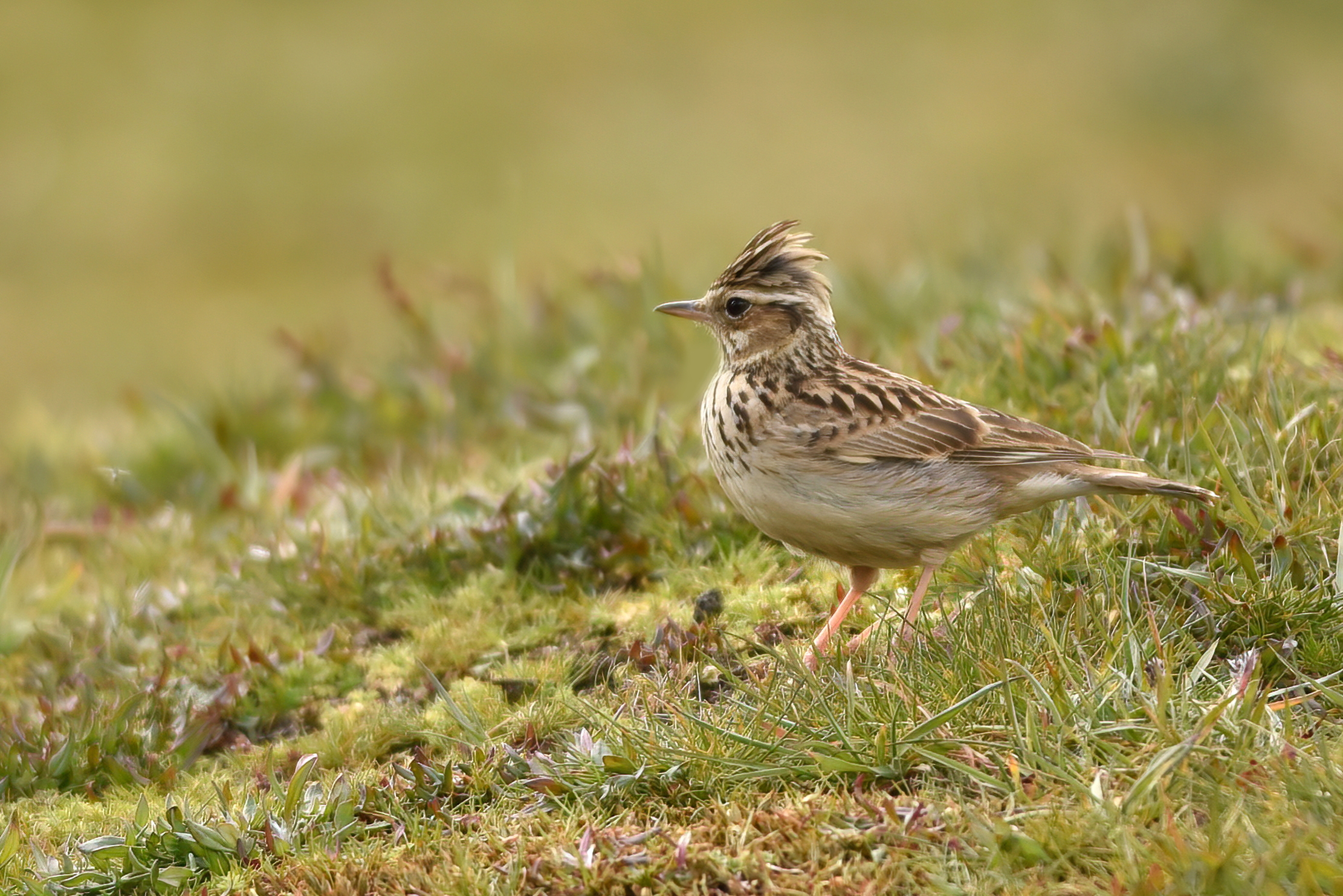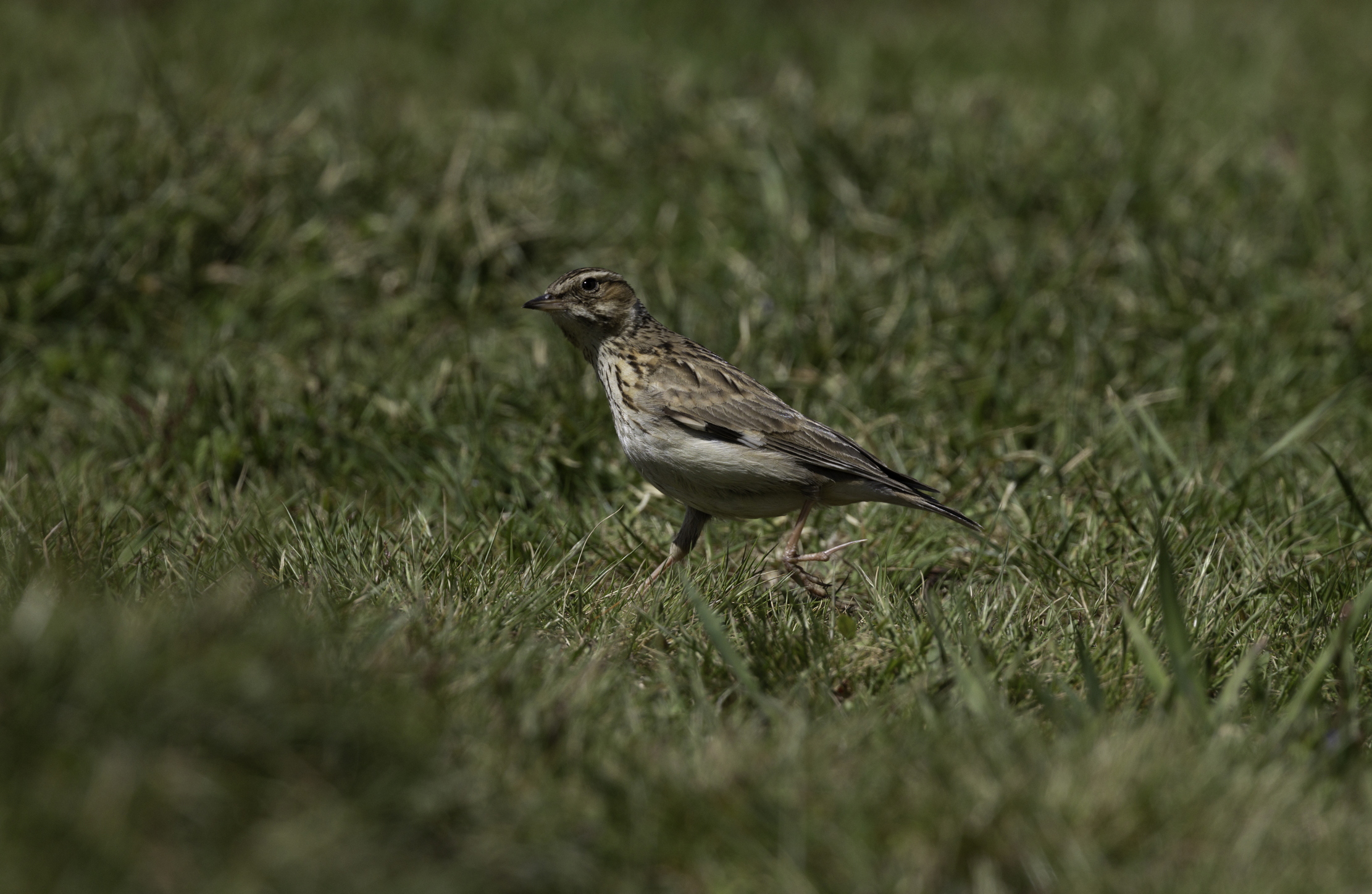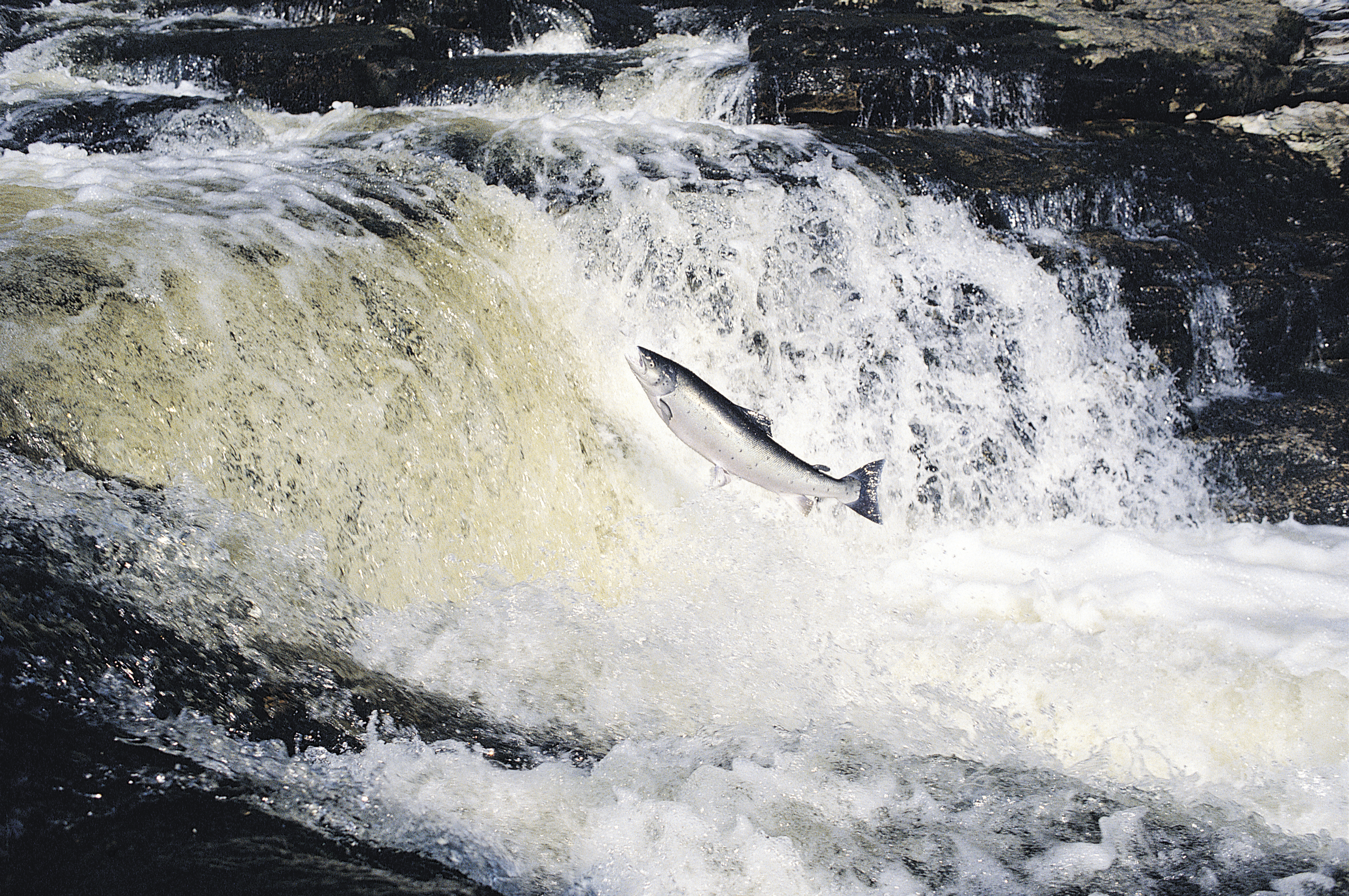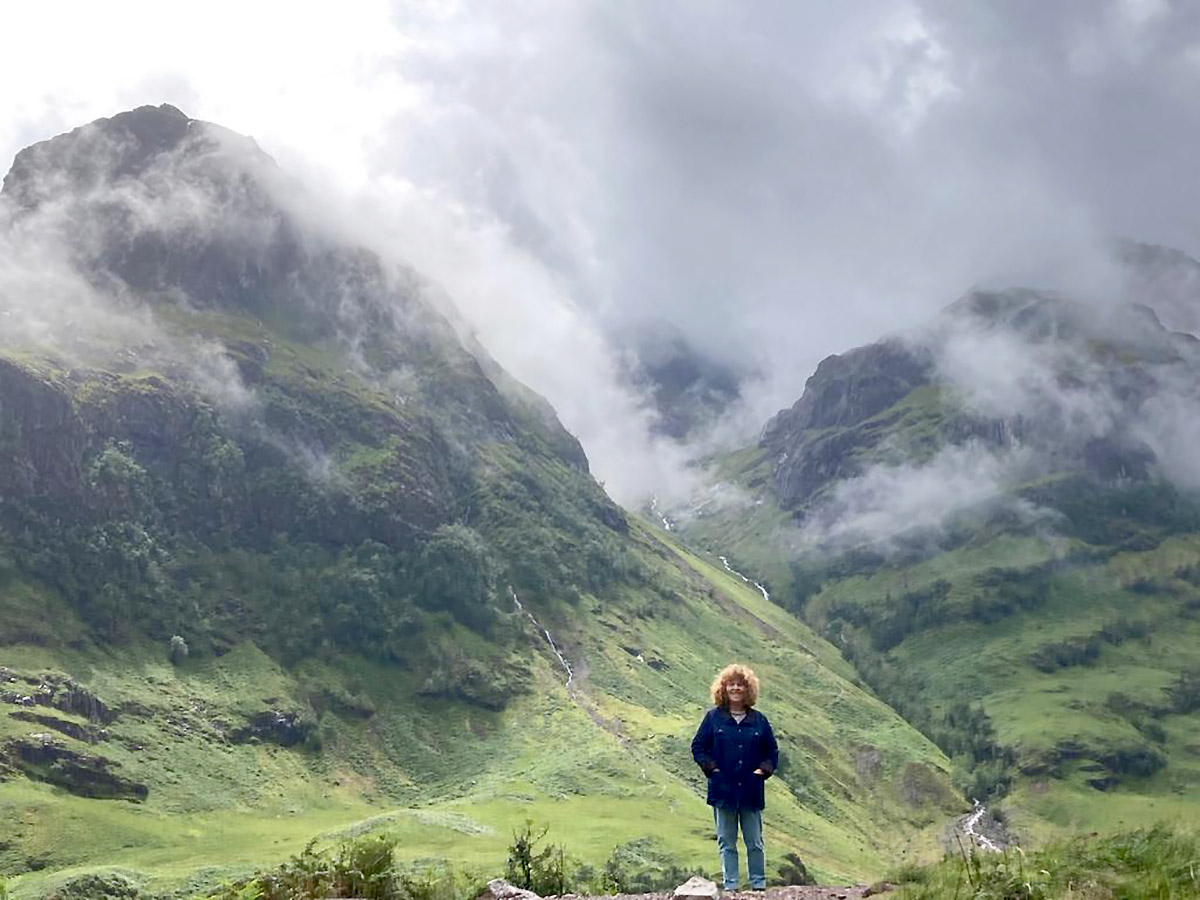The woodlark: the British songbird that is the ultimate masked singer
Its melody is sweeter than the nightingale's, yet the elusive woodlark seems destined to delight only a fortunate few.


The woodlark (Lullula arborea) combines a low public profile with a highly rated song, but its name is misleading. Although partial to perching on lofty treetops to sing —sometimes all night long in a warm summer — its usual haunts are heaths and commons. The German name for it, the heidelerche or heather lark, seems more fitting.
Woodlarks scarcely exist in large parts of the country, a reason for their relative unfamiliarity. Added to this is the fact that heathland is one of the British habitat types to have undergone the greatest decline since industrialisation, with four-fifths of the area existing in 1800 lost since that time, so, even in their strongholds, woodlark fortunes have ebbed and flowed.
As are all larks, they are ground nesters and favour open spaces, but woodlarks require low, tussocky vegetation and only scattered trees or copses. When heaths were grazed by livestock and gorse was harvested as a source of fuel, woodlarks thrived. As these practices declined and heaths underwent arable conversion or afforestation — or were lost to road and housing developments — woodlark numbers plummeted. By the middle of the 1980s, there were fewer than 300 breeding pairs estimated to exist across Britain.
'He also observed that skylarks rose and fell perpendicularly as they sang, whereas woodlarks hung poised in the air'
More sensitive management of surviving heathland in recent years has seen woodlarks stage a comeback. At the last nationwide estimate in 2016, according to the British Trust for Ornithology, there were 2,300 breeding pairs, a considerable increase — although the species’ core breeding areas were confined to East Anglia, the heaths of the Thames Basin, the New Forest area and Devon. Things may continue to improve, as there are indications woodlarks enjoy milder winters.
The woodlark is a cousin of the skylark and you might think it a dead ringer. However, it is slightly smaller and is one of very few UK birds to have a white stripe above the eye known as a supercilium, the two sides of which meet in a V at the back of the head. Gilbert White noted that both woodlarks and skylarks were among a select number of species that sang as they flew. He also observed that skylarks rose and fell perpendicularly as they sang, whereas woodlarks hung poised in the air.

Skylark song is deeply evocative of a warm, blue-skied summer day, but, memorable as it is, the woodlark’s surpasses it for sheer beauty. Although simpler in form, some regard it as superior even to that of the nightingale. Yet, because of the bird’s obscurity, it has been mainly ignored by writers and poets — but not by all.
In Robert Burns’s Address to the Woodlark, the speaker is a hapless lover who believes the bird’s ‘melting art’ would touch his loved one’s heart. Burns heard sadness in the song (‘Thou tells o’ never ending care;/O’ speechless grief, and dark despair’). Some have wondered if the poet was in fact describing a tree pipit, as woodlarks are seldom spotted beyond the Scottish border — ‘woodlark’ was also once an alternative name for the tree pipit, as described in two John Clare sonnets entitled The Woodlark.
Sign up for the Country Life Newsletter
Exquisite houses, the beauty of Nature, and how to get the most from your life, straight to your inbox.
Whatever the truth, mystery fits the woodlark story. Just as heaths will never rate highly for their scenic qualities, so this shy and elusive bird seems destined to remain a delight known only to a fortunate few.

Credit: Getty
Joe Gibbs: Even the patron saint of salmon can't save these fish from the seals
After a disastrous 2023 fishing season, Joe Gibbs is hoping for better.

Credit: Getty
'The equation is inescapable. Our rich societies will simply have to pay the proper price for food'
Country Life's columnist Agromenes urges us to take a cold, hard look at the way we grow and consume food.

Fiona Stafford: The myth of the unchanging countryside
Professor Fiona Stafford joins James Fisher to talk about the constantly changing landscape around us.

Opinion: Why the 'threat' of a new National Park has Galloway farmers up in arms
Galloway farmer Jamie Blackett on duck dating, snowdrop splitting, welcoming avian visitors and manning the barricades against an unwanted national
Somerset born, Sussex raised, with a view of the South Downs from his bedroom window, Jack's first freelance article was on the ailing West Pier for The Telegraph. It's been downhill ever since. Never seen without the Racing Post (print version, thank you), he's written for The Independent and The Guardian, as well as for the farming press. He's also your man if you need a line on Bill Haley, vintage rock and soul, ghosts or Lost London.
-
 Bye bye hamper, hello hot sauce: Fortnum & Mason return to their roots with a new collection of ingredients and cookware
Bye bye hamper, hello hot sauce: Fortnum & Mason return to their roots with a new collection of ingredients and cookwareWith products sourced from around the world, the department store's new ingredients and cookware collection is making something of a splash.
-
 Sheep-herding dogs, The Archers and Sir David Attenborough: Country Life Quiz of the Day, May 8, 2025
Sheep-herding dogs, The Archers and Sir David Attenborough: Country Life Quiz of the Day, May 8, 2025Thursday's Quiz of the Day features dogs, David (Attenborough) and radio drama.